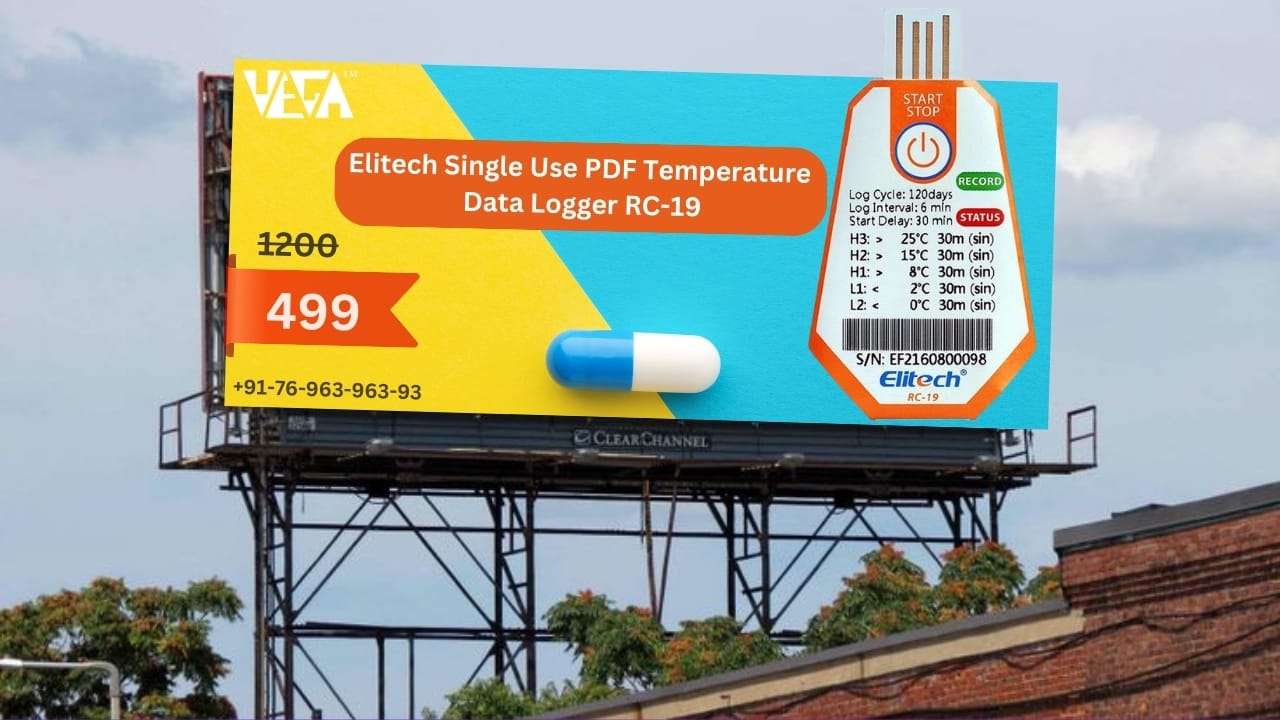Energy Meter Calibration Services
Energy meter calibration services are essential for ensuring the accuracy and reliability of energy meters used in various applications, including residential, commercial, and industrial settings. These services involve the systematic testing and adjustment of energy meters to ensure they measure energy consumption or production correctly. Here is a description of energy meter calibration services:
1.Scope of Services : Energy meter calibration services encompass a range of activities, including testing, inspection, adjustment, and certification of energy meters. This ensures that they comply with local and international standards for accuracy and reliability.
2.Types of Meters : These services cater to a wide range of energy meters, including electricity, gas, water, and heat meters. Different types of meters have specific requirements and parameters for calibration.
Showing 1–16 of 25 results
Sorry already exist in cart.
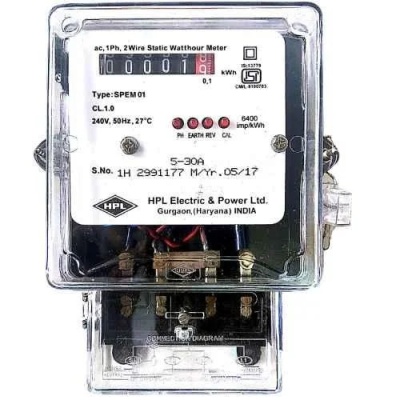 40% off
40% off
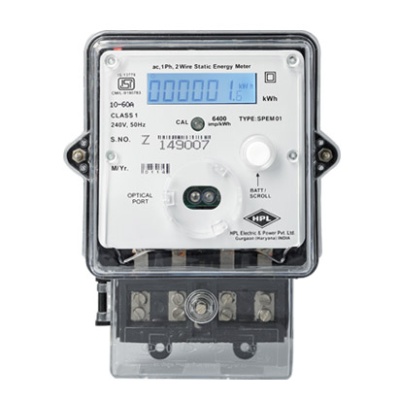 40% off
40% off
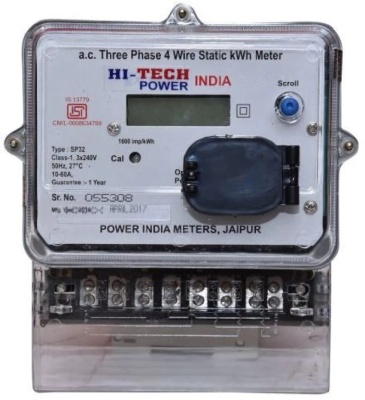 40% off
40% off
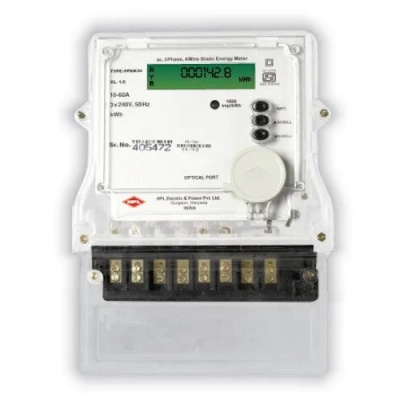 40% off
40% off
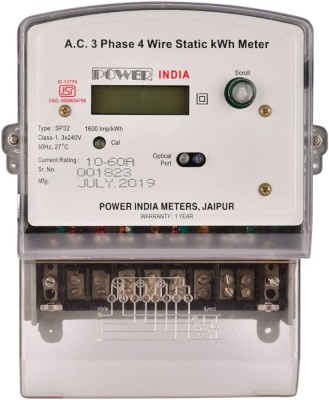 40% off
40% off
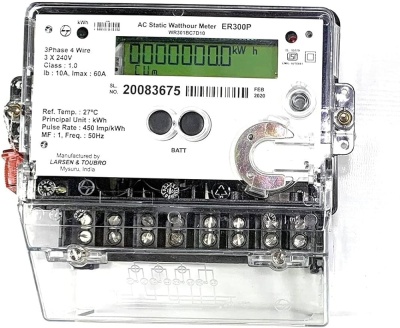 40% off
40% off
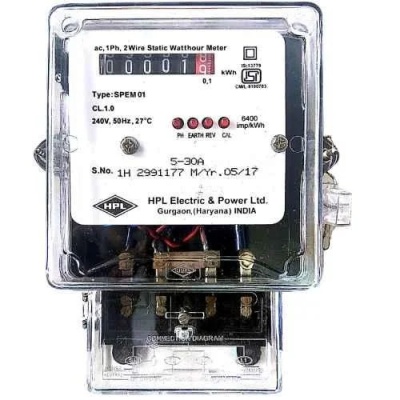 40% off
40% off
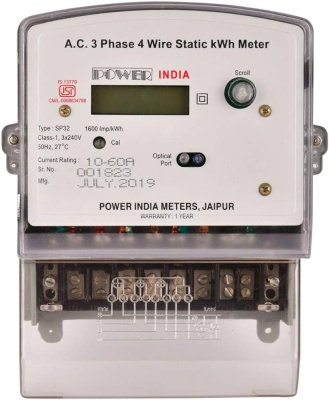 40% off
40% off
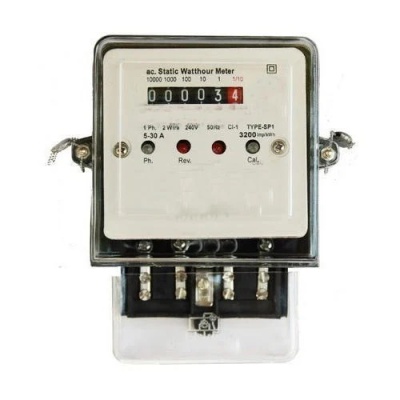 40% off
40% off
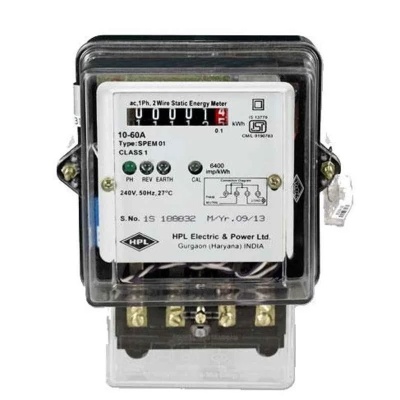 40% off
40% off
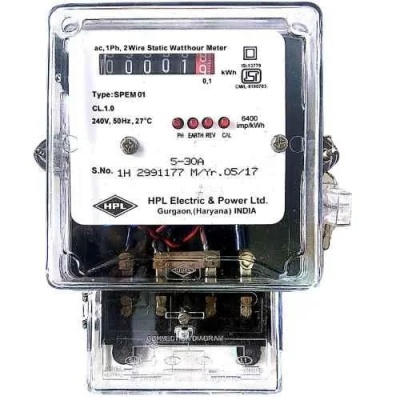 40% off
40% off
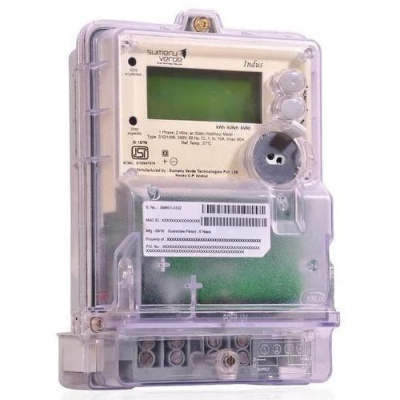 40% off
40% off
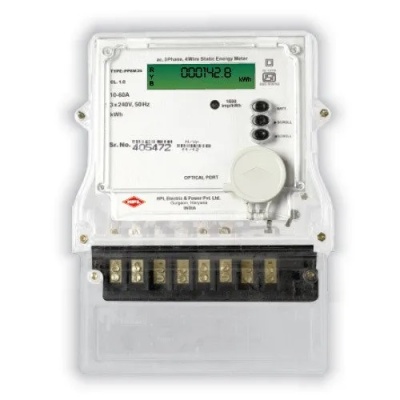 40% off
40% off
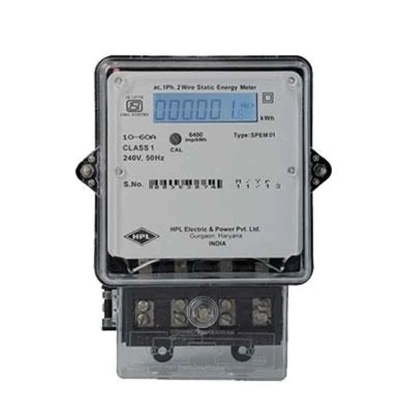 40% off
40% off
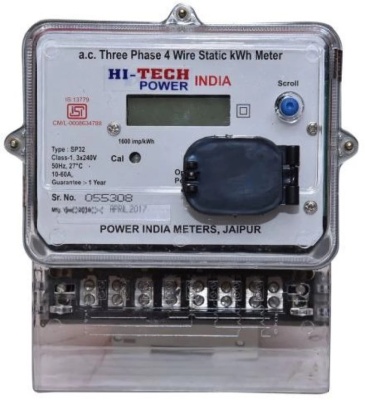 40% off
40% off
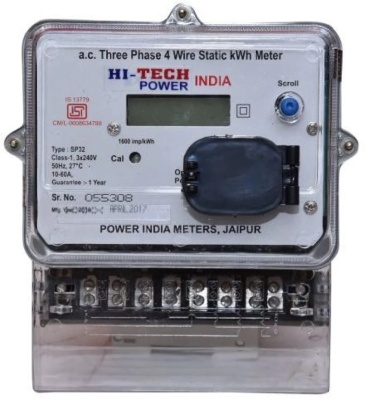 40% off
40% off
 40% off
40% off
Energy Meter Calibration Services in Bhivandi
3,000 5,000
Energy Meter Calibration Services in Bhivandi
Calibration Certificate
| NABL Approved Certificates Will Provide
|

National Accreditation Board for Testing and Calibration Laboratories
 40% off
40% off
Energy Meter Calibration Services in Panvel
3,000 5,000
Energy Meter Calibration Services in Panvel
Calibration Certificate
| NABL Approved Certificates Will Provide
|

National Accreditation Board for Testing and Calibration Laboratories
 40% off
40% off
Energy Meter Calibration Services in Coimbatore
3,000 5,000
Energy Meter Calibration Services in Coimbatore
Calibration Certificate
| NABL Approved Certificates Will Provide
|

National Accreditation Board for Testing and Calibration Laboratories
 40% off
40% off
Energy Meter Calibration Services in Ranchi
3,000 5,000
Energy Meter Calibration Services in Ranchi
Calibration Certificate
| NABL Approved Certificates Will Provide
|

National Accreditation Board for Testing and Calibration Laboratories
 40% off
40% off
Energy Meter Calibration Services in Patna
3,000 5,000
Energy Meter Calibration Services in Patna
Calibration Certificate
| NABL Approved Certificates Will Provide
|

National Accreditation Board for Testing and Calibration Laboratories
 40% off
40% off
Energy Meter Calibration Services in Maharashtra
3,000 5,000
Energy Meter Calibration Services in Maharashtra
Calibration Certificate
| NABL Approved Certificates Will Provide
|

National Accreditation Board for Testing and Calibration Laboratories
 40% off
40% off
Energy Meter Calibration Services in Guwahati
3,000 5,000
Energy Meter Calibration Services in Guwahati
Calibration Certificate
| NABL Approved Certificates Will Provide
|

National Accreditation Board for Testing and Calibration Laboratories
 40% off
40% off
Energy Meter Calibration Services in Gurgaon
3,000 5,000
Energy Meter Calibration Services in Gurgaon
Calibration Certificate
| NABL Approved Certificates Will Provide
|

National Accreditation Board for Testing and Calibration Laboratories
 40% off
40% off
Energy Meter Calibration Services in Lucknow
3,000 5,000
Energy Meter Calibration Services in Lucknow
Calibration Certificate
| NABL Approved Certificates Will Provide
|

National Accreditation Board for Testing and Calibration Laboratories
 40% off
40% off
Energy Meter Calibration Services in Kolkata
3,000 5,000
Energy Meter Calibration Services in Kolkata
Calibration Certificate
| NABL Approved Certificates Will Provide
|

National Accreditation Board for Testing and Calibration Laboratories
 40% off
40% off
Energy Meter Calibration Services in Kochi
3,000 5,000
Energy Meter Calibration Services in Kochi
Calibration Certificate
| NABL Approved Certificates Will Provide
|

National Accreditation Board for Testing and Calibration Laboratories
 40% off
40% off
Energy Meter Calibration Services in Chandigarh
3,000 5,000
Energy Meter Calibration Services in Chandigarh
Calibration Certificate
| NABL Approved Certificates Will Provide
|

National Accreditation Board for Testing and Calibration Laboratories
 40% off
40% off
Energy Meter Calibration Services in Jaipur
3,000 5,000
Energy Meter Calibration Services in Jaipur
Calibration Certificate
| NABL Approved Certificates Will Provide
|

National Accreditation Board for Testing and Calibration Laboratories
 40% off
40% off
Energy Meter Calibration Services in Delhi
3,000 5,000
Energy Meter Calibration Services in Delhi
Calibration Certificate
| NABL Approved Certificates Will Provide
|

National Accreditation Board for Testing and Calibration Laboratories
 40% off
40% off
Energy Meter Calibration Services in Noida
3,000 5,000
Energy Meter Calibration Services in Noida
Calibration Certificate
| NABL Approved Certificates Will Provide
|

National Accreditation Board for Testing and Calibration Laboratories
 40% off
40% off
Energy Meter Calibration Services in Goa
3,000 5,000
Energy Meter Calibration Services in Goa
Calibration Certificate
| NABL Approved Certificates Will Provide
|

National Accreditation Board for Testing and Calibration Laboratories

















